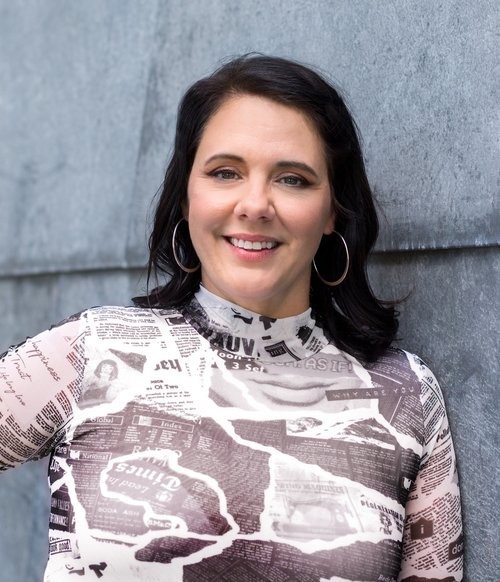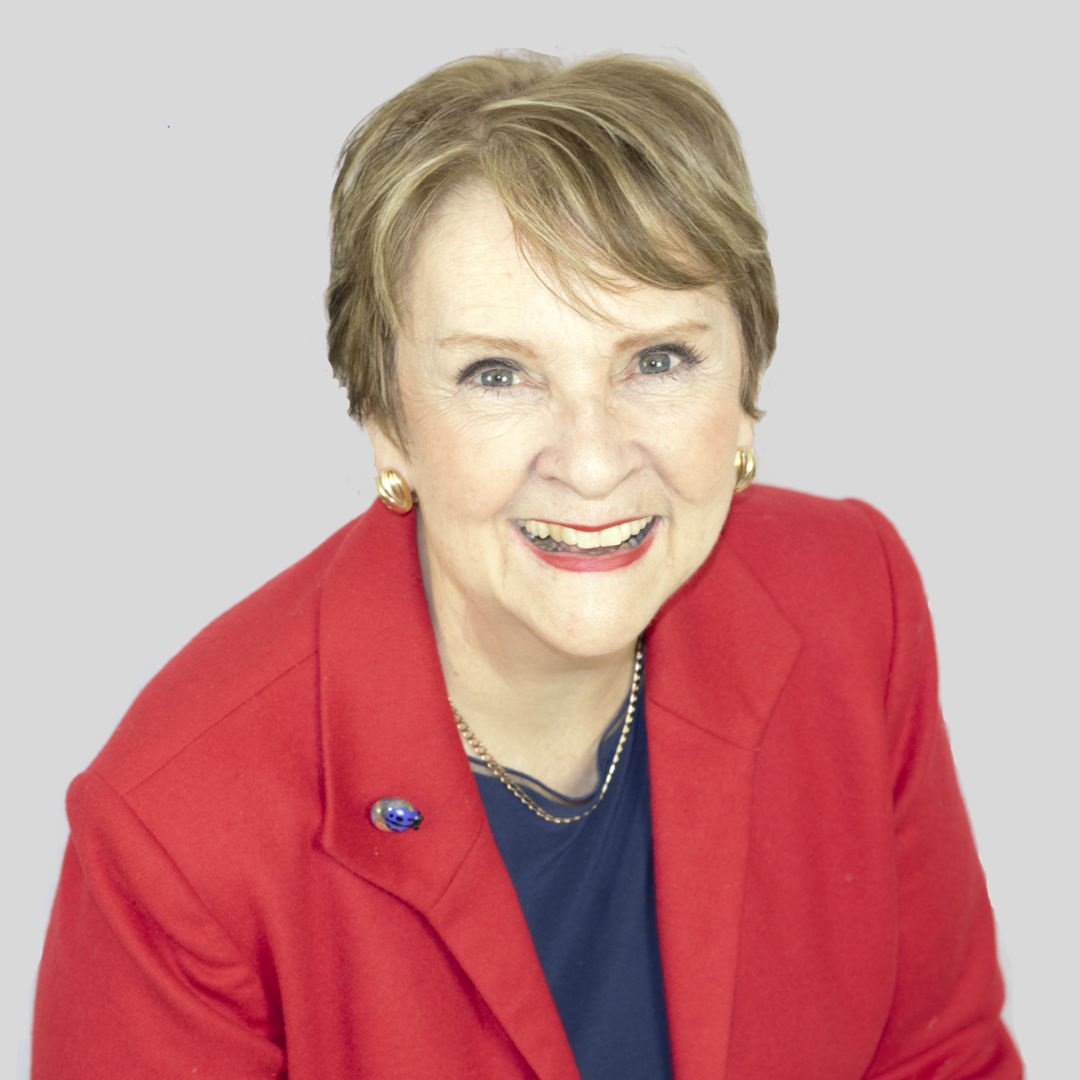October 21-22, 2022
Inn at Laurel Point in Victoria, located on the traditional
territories of the Lkwungen (Lekwungen) speaking peoples,
also known as the Songhees and Esquimalt Nations.
Event Itinerary
October 20, 2022 (Thursday)
7:00 pm to 9:00 pm – Meet and Greet Networking Session
5:00 pm to 8:00 pm – Retirement Reception for Annette Harding (Invitation only)
October 21, 2022 (Friday)
7:00 am to 8:30 am – Breakfast and Registration
8:45 am to 9:30 am – Opening Remarks by Dr. Jennifer Charlesworth, BC’s Representative for Children and Youth
9:30 am to 4:30 pm – Conference sessions
Workshop A: Applied Allyship for Foster Caregivers with Alden Habacon and Krista Laboucane
Workshop B: A Resilience-boosting Toolkit for Foster Caregivers with Patricia Morgan
5:30 am to 7:00 pm – Partnership Meeting (Invitation only)
October 22, 2022 (Saturday)
7:00 am to 8:30 am – Breakfast and Registration
9:00 am to 12:00 pm – Annual General Meeting
Guest Speaker: The Honourable Mitzi Dean, Minister of Children and Family Development
6:00 pm to 11:00 pm – Banquet Dinner and Fundraiser (Solo piano entertainment by Sharon Rose Perrin)
About our Speakers

Founder & Principal at Inclusive Excellence Strategy Solutions Inc.
Alden resides in Vancouver and is one of Canada’s leading diversity and inclusion strategists and facilitators.
He is highly regarded for his over seventeen years of impact and his innovative work around inclusive leadership, unconscious bias, and intercultural training. He works with organisations and leadership from a wide range of sectors throughout Canada including social services, municipalities, the legal community, first responders, and the public sector.
Organizations that Alden has helped in developing diversity and inclusion strategies and training include Vancity, First West Credit Union, UBCP ACTRA, Worksafe BC, and YVR.

Facilitator & Indigenous Awareness Consultant at Inclusive Excellence Strategy Solutions Inc.
Krista is Métis from Fort McMurray and currently resides in Edmonton.
Over the past 20 years, Krista has been an Indigenous Relations and Employment Specialist working with Indigenous communities, industry, and multiple levels of governance. She helps organizations to advance Indigenous relations and incorporate Indigenous policy into human resources, business development, leadership, procurement, marketing, and sponsorship.
Krista’s work experience includes Women Building Futures, Director of the Métis Settlement Strategic Training Society, and Civeo Corporation. Her volunteer work includes Calgary Urban Aboriginal Youth Advisory Committee with Heritage Canada, Fostering Connections, and Wicihitowin.
Her awards and recognition include the 1999 RBC General Managers Award for the foundational work on The Aboriginal Stay in School Program; and the 2007 Provincial Acknowledgement for 10 years of working with Children in Care.

Counsellor & Author | Solutions for Resilience
With a master’s degree in Clinical Psychology Patricia Morgan provides practical how-to’s that decrease stress and miscommunication while increasing self-awareness, vitality, and satisfaction. Audiences describe Patricia and her message as meaningfully fun, surprisingly insightful, and delightfully uplifting.
She is the author of Love Her as She Is: Lessons from a Daughter Stolen by Addictions, The Light Hearted Approach: 87 Ways to Be an Upbeat Parent, Gag Your Nagging and other publications. With a background as an ECE college instructor, childcare director, English-As-A-Second-Language pre-school director, family resource centre director, family counsellor and years as a parent educator she is equipped with a range of topics and experiences that can be used to educate, inspire, acknowledge, and empower.
Patricia is the mother of three grown children (two biological and one adopted) and grandmother to five. She is an advocate for her daughter and two grandsons who live with FASD.
Workshop A
Applied Allyship for Foster Caregiving with Alden Habacon and Krista Laboucane
Part 1: Celebrating the Intent of Being a Foster Caregiver (Intent vs. Impact)
Holding space for acknowledging the intent of being a temporary place for children.
Part 2: How to be an Ally
Foundational knowledge around what allies are, different kinds of allies, and doing the “inner work” and “outer work” of being an ally.
Part 3: Applied Allyship for Foster Caregivers
As an application of “Do your research to learn more about the history of the struggle in which you are participating”, this section is focused on learning the history of Indigenous families, and acknowledging the forces that have contributed to the current situation for Indigenous children, such as the 60’ Scoop and the Millennial Scoop.
Part 4: How do we get the families whole again?
A facilitated conversation around the day-to-day behaviours and language that will support the reunification of families, such as disrupting microaggressions, cultivating love for the biological parents, and using healing and inclusive language.
Part 5: What is the Role of Foster Caregivers in terms of Reconciliation?
A sharing with foster caregivers on the changes in the Truth and Reconciliation Commission of Canada’s Call to Actions and related legislation, and the implications on foster caregivers of Indigenous children.
Part 6: Basic Skills for Being an Intercultural Parent
This engaging and interactive module provides a frank conversation about the complex difficulties of parenting in a multicultural family environment, the intercultural afterthought, and how to manage profound cultural differences across family members.
Part 7: Applied Cultural Literacy
As cultural literacy is a core aspect of intercultural fluency, this applied section will focus on essential cultural knowledge needed for Indigenous children to feel connected with their ancestral and cultural communities. This session will include learning about Tobacco Teachings (with a focus on healing), and Water Teachings (with a focus on connectedness).
Closing & Reflections: What? So What? Now What?
The closing is a space for attendees to digest and self-reflect on what they have learned or discovered through the day, and what impact this might have on their aspirations as well-intentioned foster parents and caregivers. It will also provide additional space for honest dialogue and reflection on how authority can cause unintended meaning, and how foster caregivers can further develop the courage and commitment to most effectively be an ally to youth in government care.
Workshop B
A Resilience-boosting Toolkit for Foster Caregivers: Thriving in the Face of Continuous Change with Patricia Morgan
To foster children and youth, you are called upon to provide genuine empathy, heartfelt compassion, resilient flexibility, stable routines, clear communication skills, emotional safety, endless patience, and joyful humour. All of this is on top of ensuring the basics of food, shelter, clothing, guidance, and nurturing. No wonder foster caregivers need time away to regroup, to explore alternative strategies (not solutions), and celebrate the positive differences they make.
With an intention to share possibilities from an uplifting perspective, we will discuss:
Part 1: How Protective and Risk Factors Influence Children’s Resilience
Major life events, such as separation from parents, as well as daily stress and coping strategies affect children. Having a road map of both protective and risk factors will help guide our influence on children’s long-term well-being.
Part 2: Ways to Minimize Caregiver Burnout
Having basic stress management skills is essential when facing daily challenges. The longer we neglect distress, the more disruptive the symptoms become. Each person has different coping strategies. However, it is important that these coping strategies are helpful.
Part 3: Mapping our Autonomic Nervous System
Building on stress management skills, understanding the role of the nervous system in conflict, anxiety, depression, and trauma can help guide your reactions and interactions. Based on the Polyvagal Theory, we will track the three major states of Centered, Charged, and Give-up. Doing so enables us to better take responsibility for our emotional reactions and support emotional regulation in children and youth.
Part 4: Strengthening Connection through Effective Communication
We can shift poor communication patterns by avoiding trigger words, supporting emotions, attentively listening, and building trusting relationships.
Part 5: Building on Strengths and Virtues
Building on strengths and virtues helps minimize conflict and strengthen resilience and connection. Strengths are talents or gifts of the individual, while virtues are guiding principles for family interactions.
Part 6: Adding a Dose of Happiness
By creating and using a Joy-list, you will enhance your self-care and your home environment. Adding gratitude enriches all in the household.
IMPORTANT: Please read before filling out the registration form.
REGISTRATIONS: Please submit one form per attendee. This form is also available in a fillable PDF version. All registration forms must be received by the BCFPA Provincial Office by September 30, 2022.
ACCOMMODATIONS: Accommodation and parking are NOT included in the registration fee. Please book your room through the Inn at Laurel Point’s Reservations Department by calling 1-800-663-7667 or 250-386-8721. The deadline to book is September 9, 2022 to receive our special rate of $189 (Laurel Wing), based on single or double occupancy. This rate is exclusive of applicable taxes and service fees. A charge of $25.00 applies to each additional guest over the age of 18. Please quote BC Foster Parents Association when making your booking.
CANCELLATION and REFUND POLICY: Refunds (minus a $20 cancellation fee) will only be made for cancellations received in writing to Saarah Sandhu at saarah@bcfosterparents.ca by September 30, 2022. You are welcome to name an alternate participant. There will be NO refunds for non-attendance.
CHILDCARE: Childcare is not provided for the AGM and Conference Event.
This form is currently closed for submissions.
Phone
Main:
604-544-1110
Toll-Free Foster Parent Line:
1-800-663-9999
Office hours: 8:30 am - 4:00 pm, Monday to Friday
PROVINCIAL CENTRALIZED SCREENING
Foster parents are encouraged to call this number in the event of an EMERGENCY or CRISIS occurring after regular office hours:
1-800-663-9122
REPORT CHILD ABUSE
If you think a child or youth under 19 years of age is being abused or neglected, you have the legal duty to report your concern to a child welfare worker. Phone 1-800-663-9122 at any time of the day or night. Visit the Government of BC website for more info.
address
BCFPA Provincial Office
Suite 208 - 20641 Logan Avenue
Langley, BC V3A 7R3
contact us
Fill out our contact form...

News
Site menu
Subscribe to Our Newsletter
Charitable Registration #
106778079 RR 0001
Our work takes place on the traditional and unceded Coast Salish territories of the Kwantlen, Katzie, Matsqui and Semiahmoo First Nations. BCFPA is committed to reconciliation with all Indigenous communities, and creating a space where we listen, learn and grow together.
© 2021 BC Foster Parents. Site design by Mighty Sparrow Design.